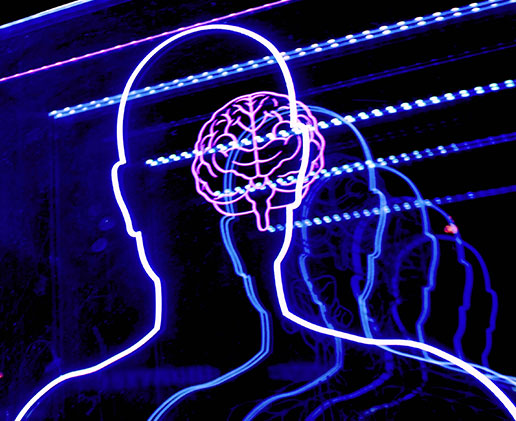Overcome Addiction with Neurofeedback Therapy
All other services remain unaffected unless notated.
Is Neurofeedback Therapy An Effective Substance Abuse Treatment?
 Overcoming addiction isn’t easy but Neurofeedback treatments can make it easier. It’s a safe, evidence-based, effective, way to balance and strengthen the brain, allowing our patients the chance to reduce their stress and overcome their addiction naturally. Neurofeedback Therapy can help those struggling with Substance Abuse to overcome their addiction in a safe, natural, effective way.
Overcoming addiction isn’t easy but Neurofeedback treatments can make it easier. It’s a safe, evidence-based, effective, way to balance and strengthen the brain, allowing our patients the chance to reduce their stress and overcome their addiction naturally. Neurofeedback Therapy can help those struggling with Substance Abuse to overcome their addiction in a safe, natural, effective way.
Neurofeedback treatments can be likened to exercise for the brain. Just as a physical workout can transform a person’s body – Neurofeedback can transform their brain. It does this by measuring brainwave activity.
Our brain creates and utilizes brainwaves in complex ways. Unfortunately, it doesn’t take much to disrupt those waves, which can throw things off and make it easier to develop or succumb to a proclivity for addiction.
How Neurofeedback Treatment Works:
Neurofeedback treatment is a type of Biofeedback Therapy, complete with a reward system. While undergoing this type of treatment, we attach EEG sensors to monitor the patient’s brainwaves. A computer analyzes the brainwaves and sends feedback to the patient. The feedback can be received in various ways, including visual and audio stimuli.
The video or music only functions normally if the patient’s brainwaves are functioning within normal limits. The reward is that there are no interruptions. However, if the brainwaves aren’t firing optimally, the brain receives negative feedback, like an interruption in the music or video.
What Are Brainwaves and Why Are They Important?
The neurons in our brains are in constant communication, which creates our thoughts, emotions, and ultimately, our behaviors.
The synchronized, electrical pulses from the communication between neurons create brainwaves.
The brainwaves will change based on what we’re feeling or doing. If we’re feeling tired or sluggish, our brainwaves will be slower/lower. If we’re feeling excited or wired, the neurons create brainwaves at a higher frequency.
Not only do our brains respond well to reward systems, but Neurofeedback Therapy trains the brain on how to identify when things are out of balance. It also encourages the brain to find a way to shift brainwave activity back to normal limits.
Because of consistent feedback, Neurofeedback treatments can actually create structural changes in the brain. Then, the brain is more likely to operate within normal limits when outside of the Neurofeedback Therapy sessions.
Conditions That Can Be Treated with Neurofeedback
- Substance Abuse/Addiction
- Depression
- Anxiety
- Bipolar disorder
- PTSD
- ADD/ADHD
- Eating disorders
- Sleep disorders
- OCD
Re-training Your Brain for Long-term Success:
Neurofeedback Therapy is a way to train the brain to be adaptive by facilitating stress reduction, making it easier for the brain to learn and integrate the new information it receives.
The National Institute on Drug Abuse recognizes addiction as a disease of the brain and so it makes sense that Neurofeedback would be a helpful tool during recovery.
By re-training the brain with Neurofeedback Therapy, our patients are able to find healthier ways to deal with their negative feelings. They become proactive instead of reactive. In turn, they feel less inclined to rely on dangerous, addictive substances to “fix” how they’re feeling. This modality offers the opportunity for individuals to have a much easier time managing day-to-day life stressors, in early recovery and beyond.









